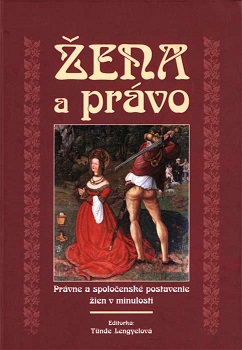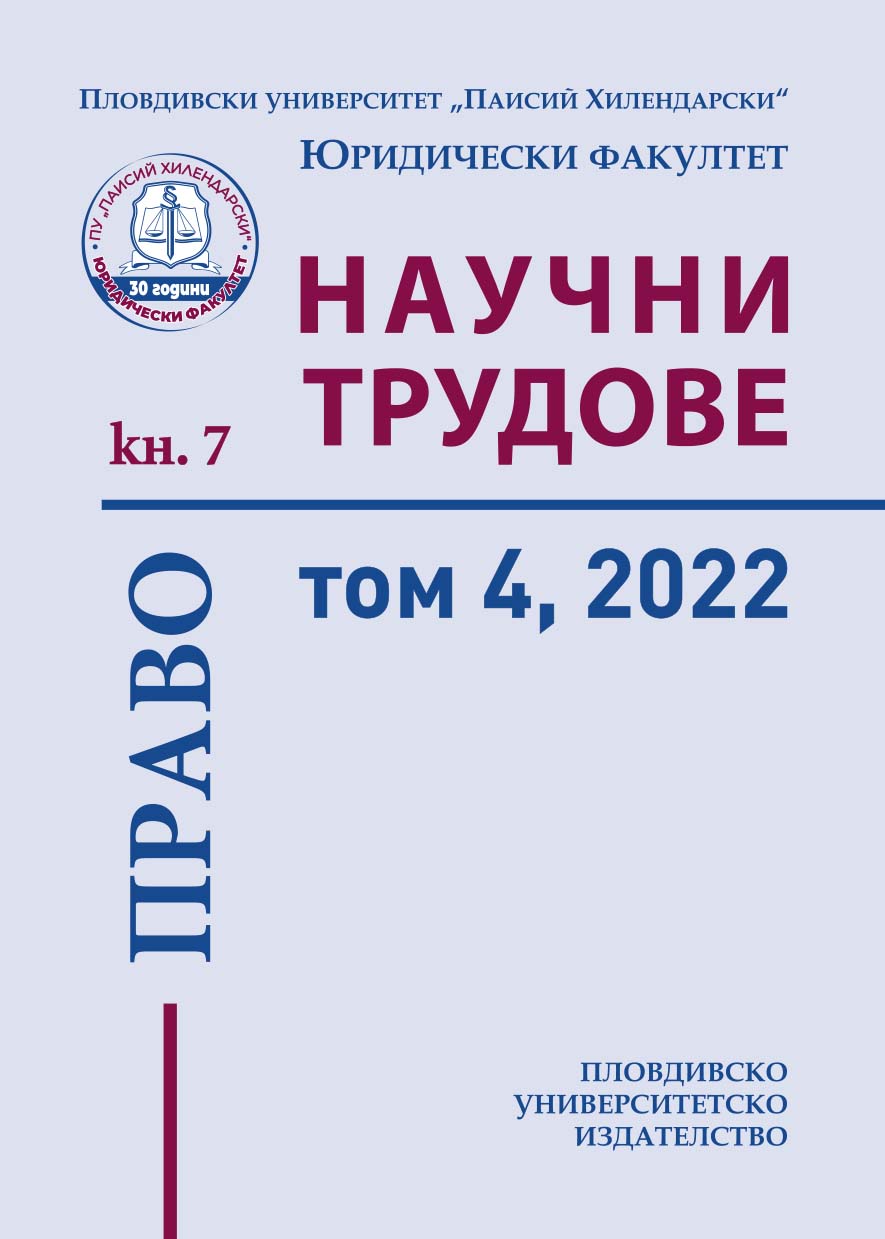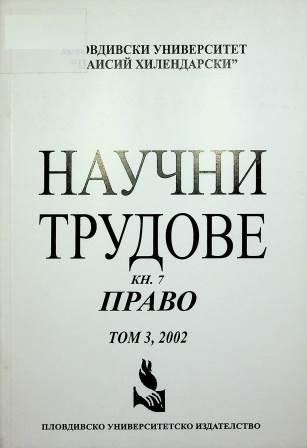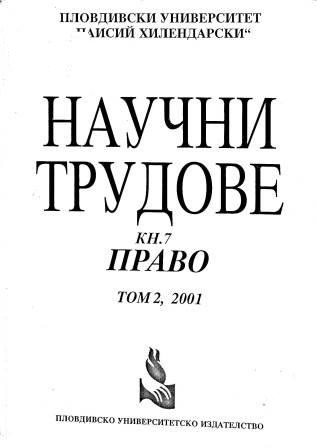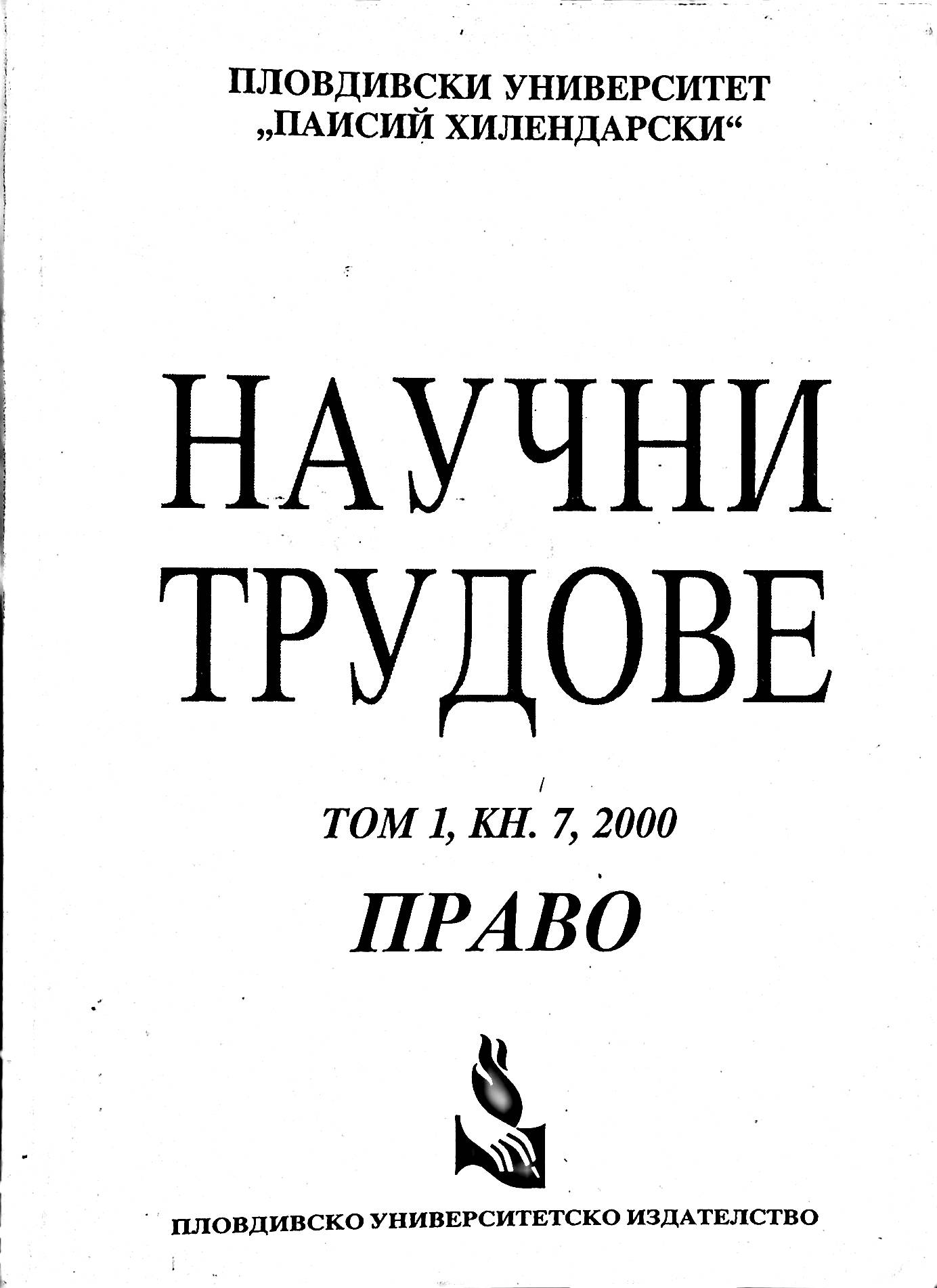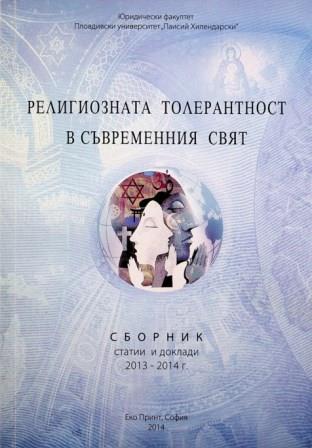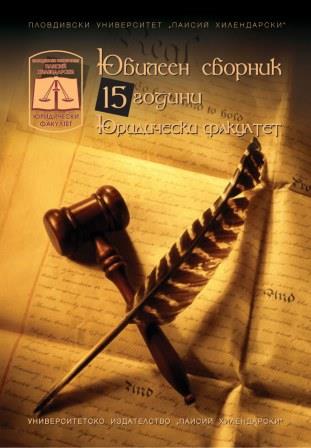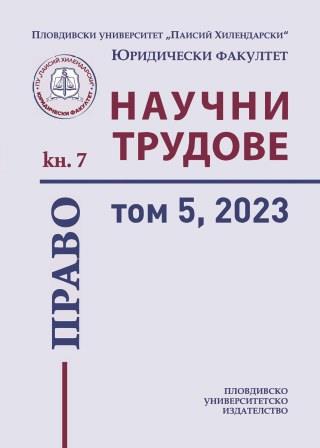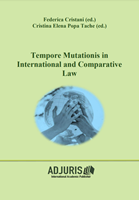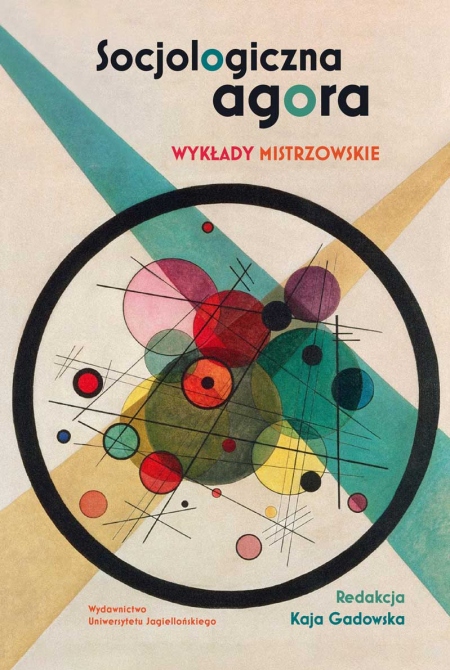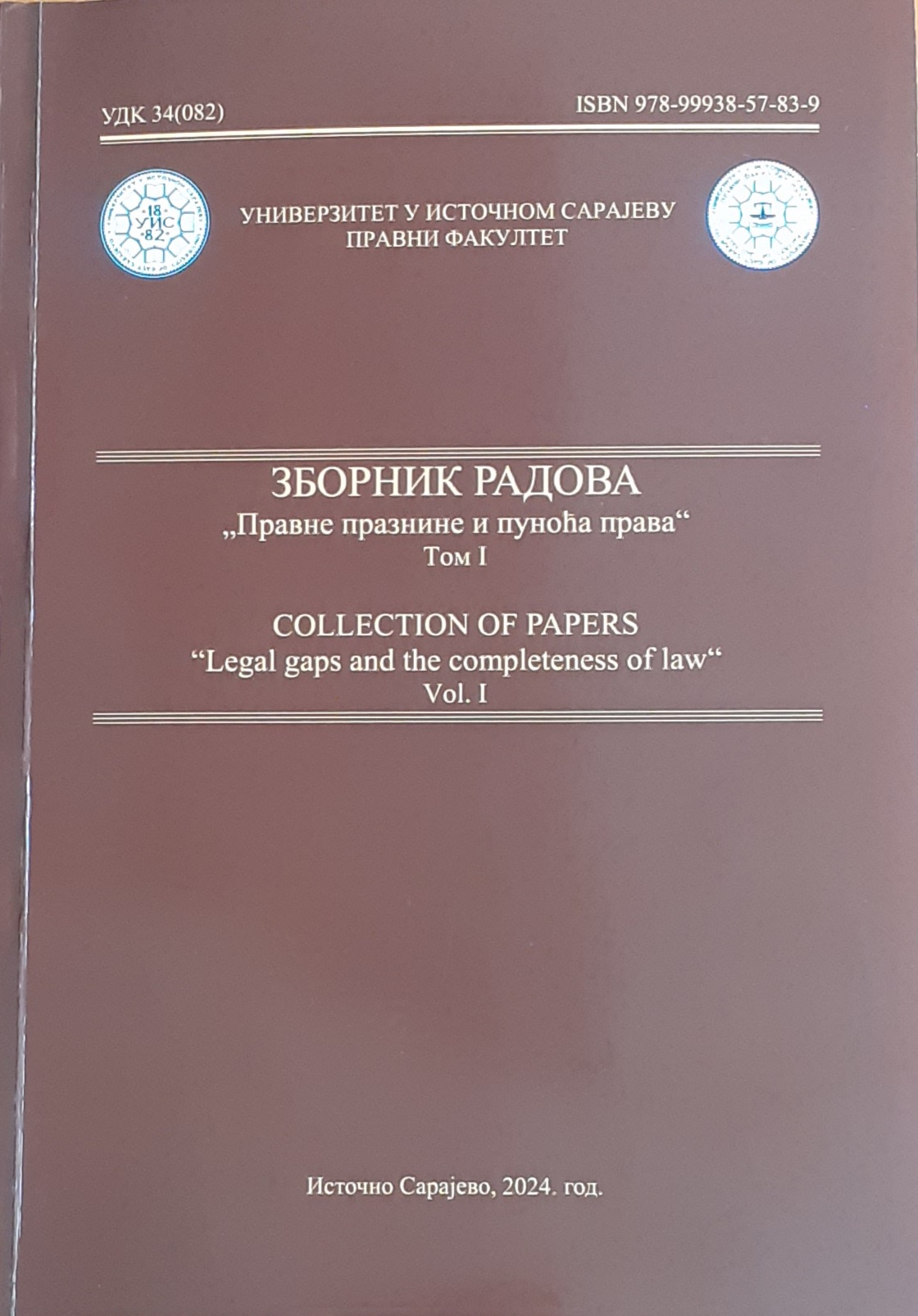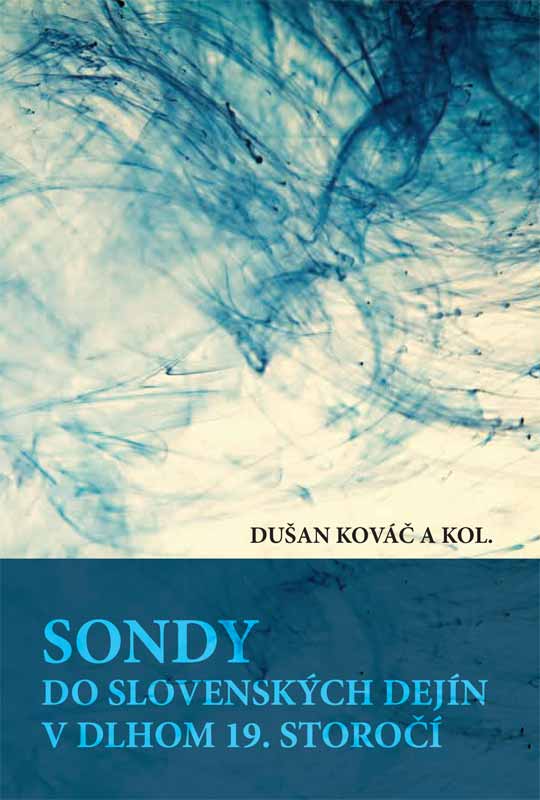
Modernizácia uhorského právneho poriadku v 19. storočí
Pravidlá správania, ktoré dnes poznáme pod pojmom „právo“, v počiatkoch európskej (vrátane uhorskej) kultúry pôvodne splývali s neprávnymi pravidlami správania, vyjadrenými normami morálky, etiky či náboženstva. Právo sa teda nechápalo ako súbor „právnych viet“, t.j. primárne spísaných pravidiel záväzných z titulu štátnej autority. Bolo to skôr chápanie práva v zmysle subjektívneho „nároku“ na správanie druhých voči tomu, kto sa „práva“ domáha – napr. právo na odškodnenie spôsobenej ujmy. Hneď od 11. storočia sa síce v Uhorsku vydávali zákony, či spisovali zákonníky a knihy práv, bolo to však najmä pod vplyvom kresťanských panovníckych vzorov, a osobitne pod vplyvom kánonického práva a neskôr znovuobjaveného rímskeho práva. Ich primárnym cieľom nebolo skutočne vynucovať správanie zachytené v týchto kódexoch. Cieľom to ani reálne byť nemohlo, keďže neplatil základný predpoklad, že každý má možnosť a povinnosť poznať text zákonov. Zákony sa totiž vyhlasovali prevažne ústne, a ich písomná forma bola rozširovaná iba veľmi obmedzene. Panovnícky dvor ani predstavitelia miestnej správy preto nemohli očakávať, že obyvateľstvo sa bude spravovať textom prijímaných predpisov. Zrejme v tejto súvislosti drvivá väčšina uhorských normatívnych textov od 12. storočia upustila od snahy regulovať každodenný život obyvateľstva a zaoberala sa iba otázkami daní, či správy a vojenskej obrany krajiny, čo boli otázky rozhodované elitami na jej (stavovských) zhromaždeniach. Zákony predmoderného obdobia teda takmer vôbec neupravovali otázky tzv. súkromného práva, napríklad otázky vlastníctva, dedenia, zmluvných vzťahov, či vzťahov medzi manželmi. Táto problematika bola zverená lokálnym predstavám o spravodlivosti, panujúcim v komunite, v ktorej sa tieto pravidlá tvorili a aplikovali. Tak ako dnes v práve používaný pojem „dobrých mravov“ pri výklade svojho obsahu závisí od času, miesta a situácie, v ktorej sa vykladá a aplikuje, podobne aj predmoderné právo – ale v omnoho väčšom rozsahu – záviselo od času a prostredia, v ktorom sa tvorilo a vykladalo. Aj preto na území Uhorska mohlo platiť viacero „právnych poriadkov“, resp. presnejšie – rozdielne predstavy o tom, čo je právo a aký je jeho obsah. Táto skutočnosť je podstatou tzv. teritoriálneho a personálneho právneho partikularizmu, ktorého prekonanie, a teda podstatná modernizácia – zjednotenie uhorského právneho poriadku v zmysle „rovnakého práva pre všetkých“, sa spája práve s 19. storočím.
More...
